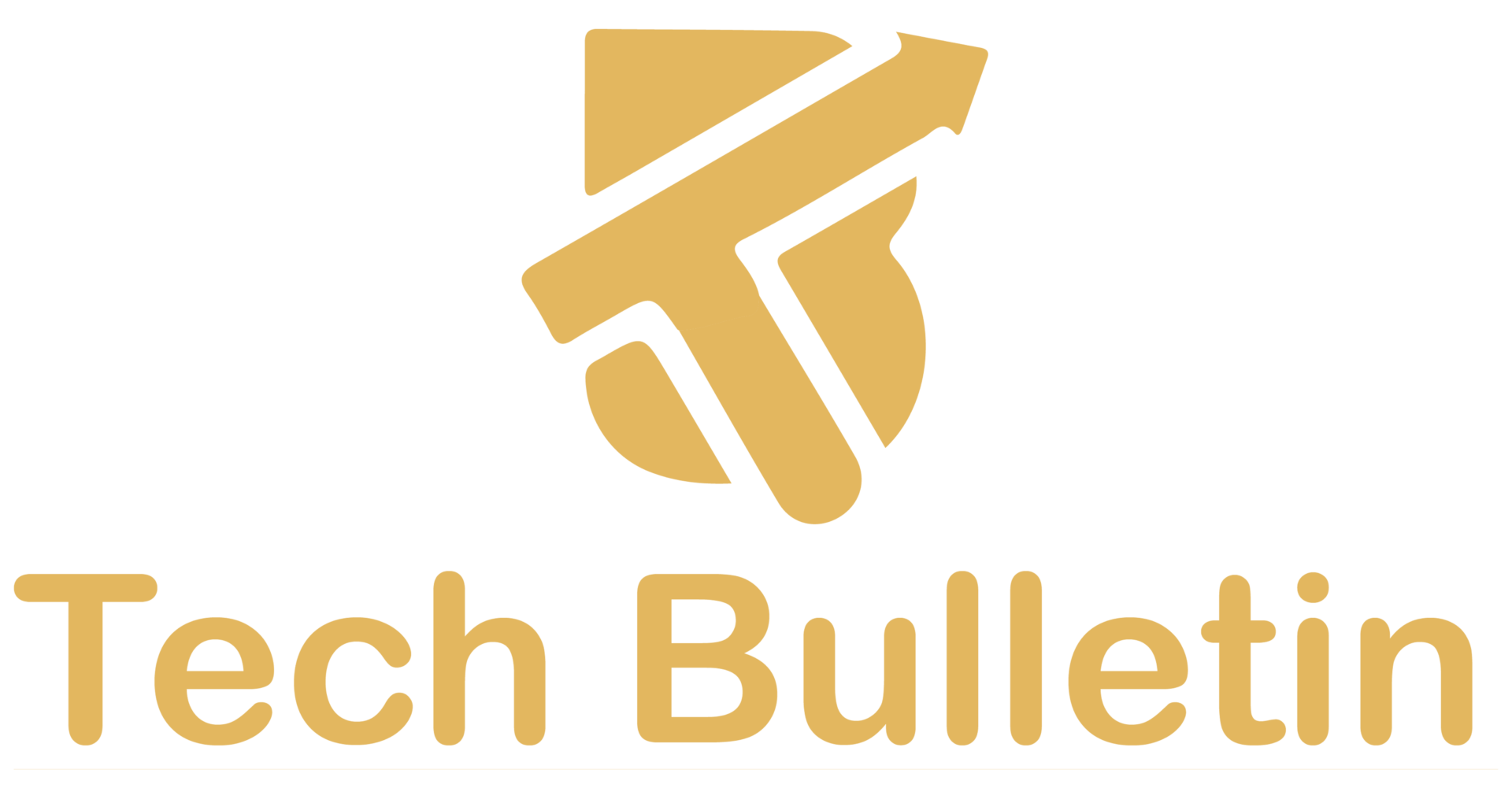Leetcode vs Hackerrank: What is Difference Between Hackerrank & Leetcode

Companies are always looking for software engineers that can tackle challenging challenges in the ever-changing world of technology. Because of this, success in coding interviews is essential for anybody wishing to work in this field.
LeetCode and HackerRank are two of the most used websites by software developers to be ready for these interviews. Which, though, is the best? To offer you a better understanding, let’s dissect Leetcode vs hackerrank characteristics, advantages, and disadvantages.
HackerRank
HackerRank is a flexible platform that provides a variety of coding tasks in several areas. Including databases, algorithms, data structures, and artificial intelligence. It is renowned for placing a strong focus on cross-language problem-solving abilities.
The “Practise” area of HackerRank, where users may choose challenges based on difficulty levels and certain themes, is a standout feature. Users may apply their coding talents to real-world circumstances by using these challenges, which frequently feature realistic scenarios.
LeetCode
On the other hand, LeetCode is particularly designed for technical interview preparation for algorithms and data structures. It is well known as a premier tool for anyone looking to ace coding interviews with organizations like Google, Amazon, Microsoft, and others.
The site puts a lot of attention on algorithmic challenges and offers a huge library of issues that cover a wide spectrum of ideas. The “Explore” component of LeetCode organizes issues by subjects, allowing users to concentrate on particular areas for development. Here are some key differences in hackerrank vs leetcode.
Related Article: Can we implement webtorrent into wordpress website?
Difference between hackerrank and leetcode
For software engineers and developers, two well-known online portals are called “LeetCode” and “HackerRank”. They provide coding challenges, practice issues, and materials for interview preparation.
Both platforms are designed to assist users in honing their coding talents and sharpening their problem-solving capabilities. Although there are certain differences between the two platforms:
- Problem Categories
LeetCode
LeetCode is largely concerned with algorithmic issues and coding obstacles. It provides a broad spectrum of issues, arranged in order of increasing difficulty, such as data structures, algorithms, and database-related issues.
HackerRank
This site offers a wider range of difficulties. Such as coding challenges, algorithmic issues, data structures, artificial intelligence problems, functional programming problems, and more. Additionally, it presents difficulties in particular fields like security, databases, and AI.
- Interviewing Techniques:
LeetCode
LeetCode is frequently praised for its emphasis on job interviews. It provides a range of issues that are frequently asked in technical interviews at significant IT firms. To imitate actual interview situations, it also offers a mock interview option.
HackerRank
Although HackerRank does provide tools for preparing for technical interviews. Its challenges encompass a wider range of subjects beyond only technical interviews, such as coding contests and specialized areas.
- Competitions:
LeetCode:
LeetCode has begun to conduct weekly coding competitions, however, its primary focus is on practice tasks for individuals.
HackerRank:
Users can take part in frequent coding challenges and contests hosted by HackerRank. It emphasizes competitive coding heavily and holds several competitions throughout the year.
- Domain-Specific Difficulties
HackerRank:
HackerRank provides tasks particular to certain fields including security, databases, and artificial intelligence. For those looking to study in a certain field of software development, this may be advantageous.
- UI/UX:
LeetCode:
With a basic design that focuses solely on the issues at hand. LeetCode’s user interface is renowned for being straightforward to use.
HackerRank:
With tasks divided into contests, domains and a variety of practice areas, HackerRank provides a more varied user interface.
- Groups and Conversations:
HackerRank:
Users are encouraged to take part in conversations, ask questions, and share their solutions with the community by using HackerRank. It encourages teamwork and peer learning.
LeetCode:
LeetCode also features a vibrant community where users may talk about issues, exchange knowledge, and contribute solutions to difficulties. Its company-specific interview conversations are of exceptional relevance.
- Applications in the Real World
HackerRank’s partnerships with businesses and its CodePair function provide a more useful method of interview preparation and coding tests. The mock interview function in LeetCode likewise aids users in interview preparation, although its emphasis is more on algorithms.
- Pricing Structures
LeetCode provides a premium membership for extra features and content. Although HackerRank also provides paid services, much of its information is accessible without a membership.
- Complexity Progression
Users may logically advance from simple to complex tasks using LeetCode’s tiered complexity approach. While the challenges on HackerRank are also categorized by difficulty, there may be a wider range of difficulties within a certain category.
Conclusion
In conclusion, LeetCode and HackerRank are both excellent tools for honing coding skills and preparing for technical interviews. Unlike LeetCode, which specializes in extensive algorithmic problems designed exclusively for technical interviews. HackerRank’s adaptability extends to a variety of fields outside algorithms.
As we described the differences in Leetcode vs hackerrank many users decide to use both platforms. To take use of each one’s distinct advantages and capabilities, thereby improving their coding and problem-solving abilities.






